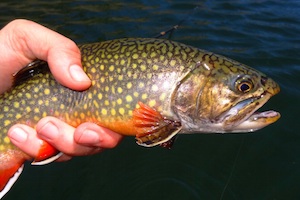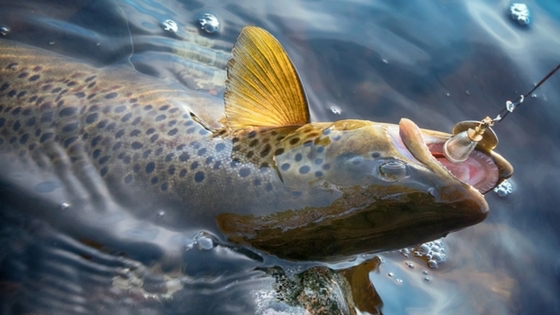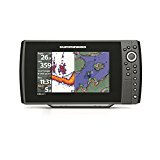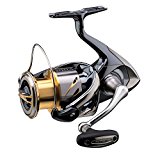Brook Trout Lake Fishing

 morning is the time they like to feed
morning is the time they like to feed
Where to find the Brook Trout
When the lakes are deep enough, Brook Trout are usually found in water 10 to 30 feet/3 to 10 meters deep.
They prefer sheltered bays and sections of shoreline that offer submerged rocks and sunken debris that offer cover like trees and boats.
In the summer in southern portions of their distribution including Ontario, Ohio, New York and Quebec, you’ll often find them in around 30 feet/10 meters of water.
They avoid water above 68°F/20°C and will go below the thermocline to cooler water in the summer.
However in the spring Brook Trout can be found closer to 10 feet or even higher as they search out bait fish. They’ll only go back to 10 feet when they’re resting.
It’s at this time you should seek out shorelines that offer good habitat for the spawning bait fish in water between 2 to 10 feet deep. That’s where you’ll find them.
Fishing Techniques
In spring cast or troll along the shore. Cast into, or troll, water that’s no deeper than 10 feet deep. Let the bait slowly sink under the weight of a small sinker. Mimic the bait by jerking the line and moving it side to side.
Cast into the same location a few times before moving on. If you’re trolling, troll at depths around 5 feet deep.
Pay attention to the location of bait fish and insects as these locations will likely have a lot of underwater action.
In the summer fish to greater depths.
Knowledge of the location of the thermocline and bait fish populations are important. While the Brook Trout are like to stay deep to keep cool, they’ll come shallow to feed before going back.
- Know where bait fish are during the morning and early afternoon.
*The morning is the prime time for brook trout to feed.
Spinner lures work well, Blue Fox, Mepps or Rooster Tail. Jigs should be brightly colored to get their attention. Spoon lures that should be reasonably small in gold or silver.
Brook Trout can be found shallow after a big storm as deep water is usually circulated which cools the lake down.
Licensing and Regulations
Each state and province has its own set of laws and regulations. To keep out of trouble and risking having your gear taken away, check with local authorities before booking a trip.
Even the smallest towns generally have their own web sites. Fishing regulations are usually available with contact information.


